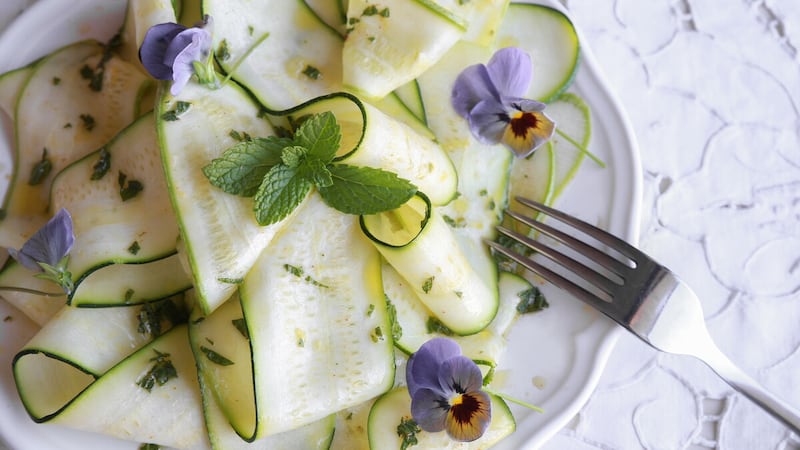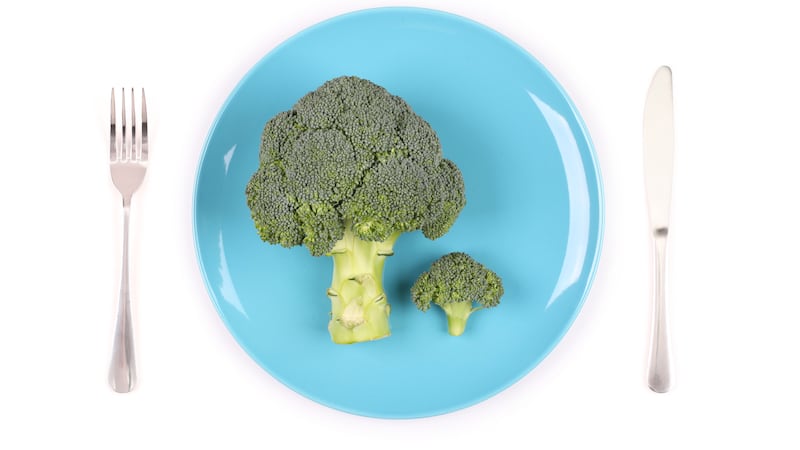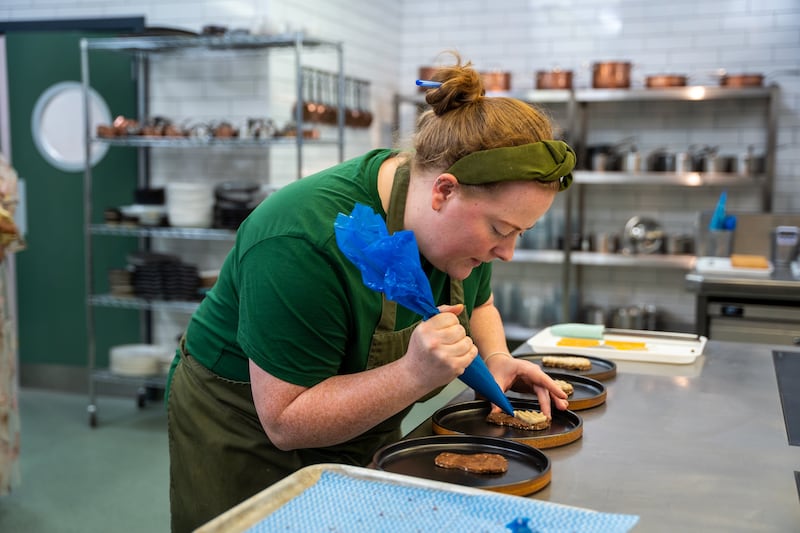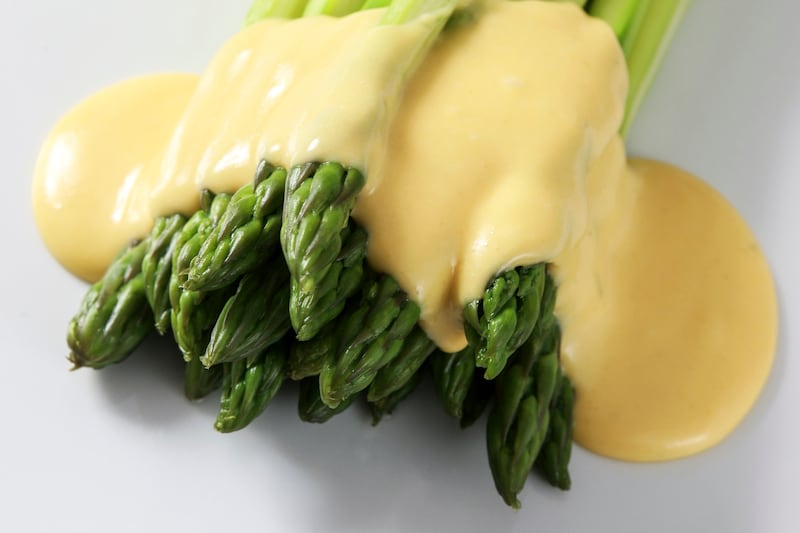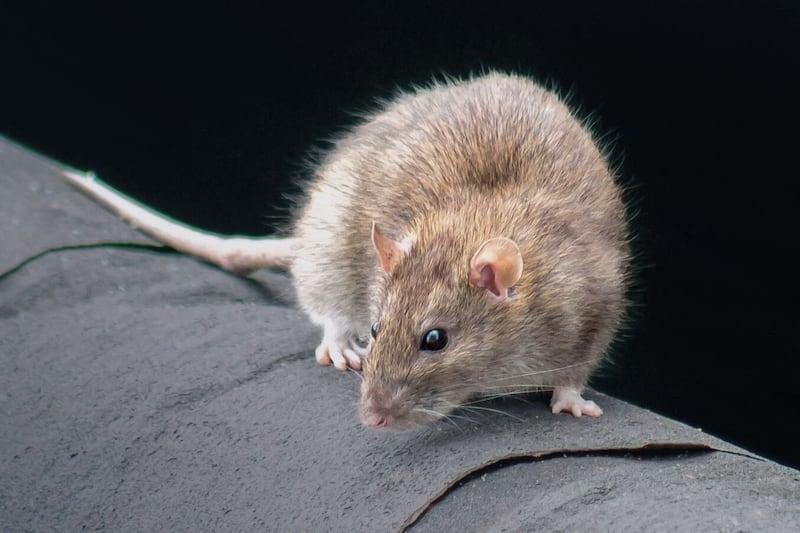From creamy mashed potato and sweetcorn smothered in butter to rich tomato soup and miso-glazed aubergine, cooked veggies can be incredibly tasty.
But did you know that, in some cases, munching raw vegetables can be better for your health?
“When veggies are cooked, some of the heat-sensitive nutrients, such as vitamin C, can become depleted,” says functional nutritionist Pauline Cox, author of Hungry Woman: Eating For Good Health, Happiness And Hormones.
“Beneficial enzymes within raw veg can also be lost to roasting and cooking.”
Fresh veg can be especially appealing in summer when you’re craving filling salads and crunchy snacks.
“Adding more raw to your daily dish will liven up your palate and upgrade your dinner plate,” Cox says.
As with any raw ingredient, it’s important to prepare veg properly.
“Whether you’re eating vegetables raw or cooked, always wash them well before consuming to help reduce pesticide residue or harmful bacteria,” suggests Maz Packham, nutritional therapist and founder of Nourishful Nutrition.
Here, experts talk through eight vegetables that are delicious raw…
1. Sweet potato
“Sweet potato, often associated with oven baked, roasted or mashed, can actually be consumed raw,” says Cox.
But you’ll want to grate the flesh first to make it more palatable: “Grated into a slaw, sweet potatoes are a super source of beta carotene, vitamin C and fibre.”
2. Kale
Baked kale chips have become very trendy in recent years as health-conscious individuals look for new ways to consume the vitamin-rich leaves.
“Many individuals find it easier to digest kale once it’s been sauteed or steamed,” says registered nutritionist Jenna Hope.
“However, massaging raw kale with olive oil instead can also help to aid digestion whilst preserving the vitamin C.
“Additionally, adding olive oil can help to increase the absorption of fat-soluble vitamins such as vitamin K, which is also present in kale.”
3. Sugar snap peas
Unlike some types of peas, there’s no need to shell sugar snaps, which are high in vitamins C and K.
“Vitamin C is a powerhouse antioxidant we need to consume through foods for collagen production, to support iron absorption, and for a healthy functioning immune system,” says Packham.
“Sugar snap peas are also a good source of vitamin K and folate which are abundant in green vegetables, and they’re a great source of fibre helping to support beneficial bacteria in the gut and good digestive health.”
They make a delicious snack on their own or dipped in hummus.
“You may want to break off the ends and remove the outer string that runs along the side; you may not even notice it,” Packham continues.
“Cut the pods into smaller segments and mix into salads for extra texture and crunch.”
4. Celeriac
“Rich in vitamin K, celeriac may have bone-health boosting properties, as higher intake of vitamin K is associated with a lower risk of fractures,” suggests Cox.
Cut off the tough outer peel before grating, slicing ribbons with a vegetable peeler or chopping into small pieces.
“Delicate in flavour but packed with goodness, celeriac makes a great addition to any salad,” Cox.
“Thinly sliced into matchstick-sized strips and tossed with a dollop of olive oil, mayonnaise and a little mustard, celeriac can liven up any meal as a side dish.”
5. Cauliflower
Cauliflower cheese may be a culinary classic, but you don’t have to bake this cruciferous veg to reap the health rewards.
“Cauli is bursting with vitamin C, vitamin K and dietary fibre,” says Cox.
She recommends: “Raw cauliflower makes a great dunker for a delicious guacamole or hummus.”
However, if you have any digestive health issues you should be cautious with cruciferous vegetables like cauliflower.
“They can cause excess gas as they contain an indigestible fibre called raffinose,” says Rob Hobson, registered consultant nutritionist at Healthspan.
“Bacteria try and break this down in the large intestine and in the process produce gas. This could be an issue for people suffering from irritable bowel syndrome (IBS) as it can exacerbate symptoms.”
6. Baby corn
While full-size corn cobs are way too tough to consume whole, baby corn (harvested before the stalks mature) is soft enough to munch whole.
“Despite its size, baby corn is nutritionally rich containing vitamins A and C as well as folate and potassium,” says Packham.
“The high fibre content helps support a healthy gut while also helping you to feel fuller for longer.”
You can slice the stalks to add to salads or serve them as crudites, Packham suggests: “Baby corn is a great snack option and can be left whole – it tastes delicious dipped into hummus or guacamole.”
7. Courgette
“Courgettes are rich in vitamin C and B6, which can also be degraded by high heat,” says Hope, and because it’s got a semi-firm texture it’s easy to adapt for raw dishes.
Hope adds: “Try slicing up your courgettes and using them as an alternative to cucumber in salads, or sliced up and dipped into hummus or guacamole.”
8. Brussels sprouts
Not a fan of the classic Christmas dinner side dish?
“Trying them raw might just see you developing a newfound love for the humble Brussels sprout,” says Cox, recommending the brassica as a rich source of vitamins C and K.
“Thinly sliced and treated like shredded lettuce, glug on a generous dose of avocado oil or olive oil and a few chopped pecans or walnuts and finish with some fresh, grilled goat’s cheese – this combo may well win you over!”
As Brussels sprouts are cruciferous, the same warning applies to cauliflower for people with IBS.
Hobson adds: “They contain compounds called glucosinolates which can reduce the absorption of iodine which could interfere with thyroid function.
“People with underactive thyroid may want to limit their intake of these compounds. Cooking them lowers the levels of glucosinolates.”
